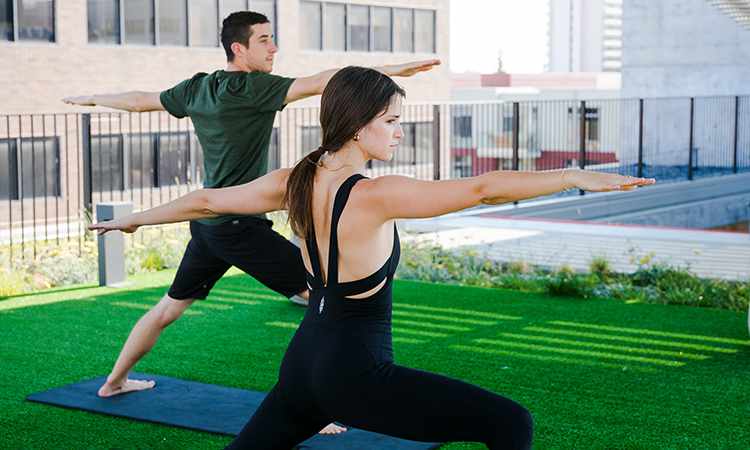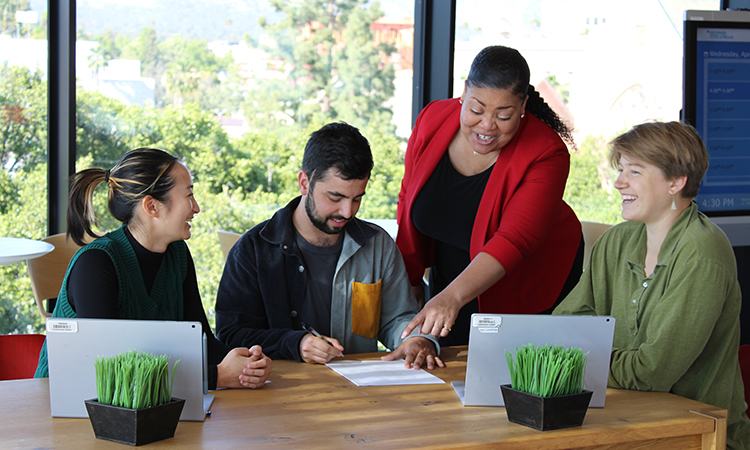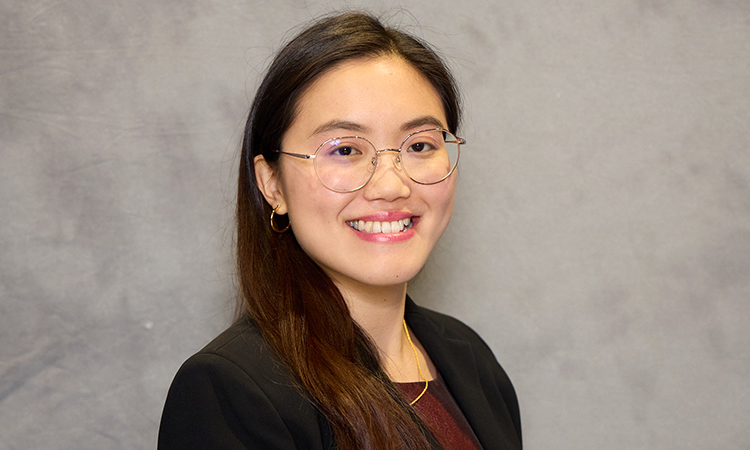The last two years have been a challenge for everyone, and medical students are no exception. Long work and study hours and stressful environments, where subjects of disease and death are studied regularly, can lead to burnout, anxiety, depression, and/or suicidal thoughts. In addition to the uncertainty associated with the pandemic, many have also been deeply affected by incidents of racial injustice in the U.S. and around the globe.
“The pandemic has challenged all of us, especially students, like never before,” said Juan Carlos Zuberbuhler, MD, Kaiser Permanente Bernard J. Tyson School of Medicine (KPSOM) Assistant Professor of Clinical Science and REACH Course Director, Phase 1 and 2. “You have to be particularly brave to choose to attend a new medical school during a global period of extreme uncertainty. It has been evident to us that the students … bring with them a tremendous amount of resiliency and grit. The challenge has mostly been to prevent the erosion of their resiliency and well-being, which can impact their professional identity formation.”
KPSOM makes many health and wellness opportunities available to students, including REACH (Reflection, Education, Assessment, Coaching, and Health and well-being). The course has a four-year developmental arc and is designed with an important curricular message: students must prioritize their personal well-being to be effective change agents who can improve the health of patients and their communities. It was created to help future physicians prevent burnout for themselves and thrive in their new environment.
Students are paired with a REACH coach at the beginning of their first year and continue to meet with their coach one-on-one throughout the year. REACH coaches also oversee small, six-person student groups that convene for REACH week to build community, increase a sense of inclusion and belonging, and explore issues related to equity, inclusion, and diversity (EID) and advocacy.
During REACH week, students address both their well-being and professional identity formation. Well-being activities range from cooking classes in the school’s teaching kitchen, local tours, well-being discussions with a weekly theme, EID sessions by guest faculty, a Narrative Medicine session in which participants explore the arts and humanities in medicine, and more.
REACH’s wellness component was designed to give students exposure to new exercise and nutrition options. “We have designed programs that show that exercise and nutrition can be about fun and social connections in addition to health,” said KPSOM Fitness Program Manager Andrew Gallardo. In addition to the private fitness consultations Gallardo offers students, he also leads the wellness initiatives that are taught during REACH week. Under Gallardo’s supervision, students can access non-invasive body composition testing in KPSOM’s wellness space, which measures and tracks muscle mass, body fat, and water levels.
Anne Eacker, MD, KPSOM Senior Associate Dean for Student Affairs, said school leaders, faculty, and staff aim to destigmatize all kinds of help-seeking behavior for counseling, academic and peer support, coaching, and more. “We don't expect students to navigate life by themselves. We expect them to do it as part of a community and we want to create an inclusive community where everyone feels like they can reach out for help … whether students are first-generation, underrepresented, or [from other] backgrounds,” said Dr. Eacker.




